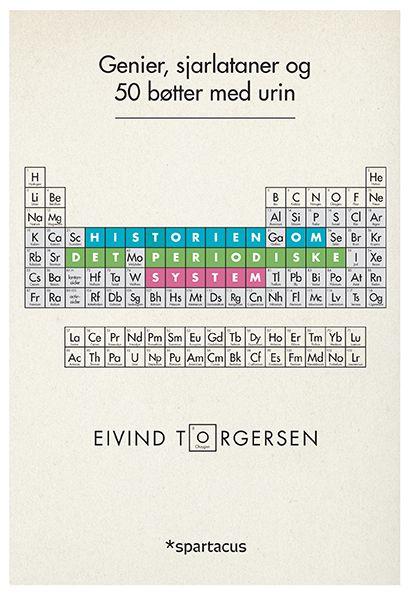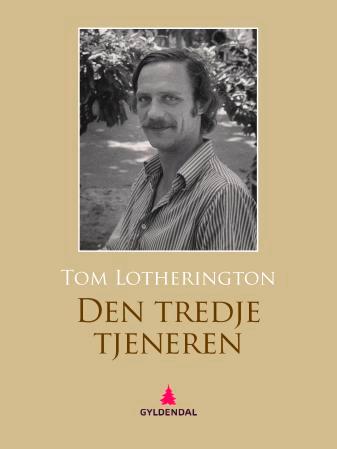
Love in the Post-Reconceptualist Era of Curriculum Work av Allan Michel (University of Toronto Canada) Jales Coutinho
649,-
<P>By employing the autobiographical method of <I>currere</I> and bifocalization, this book sheds light on the significance of love and the ethics of caregiving as means to transform curriculum studies into a post-reconceptualist and collective endeavor. </P><P>Advancing an understanding of curriculum as a "collective public moral enterprise", it critically asks whether we can build a world where love is not negotiated, but only proliferated. Through the creation of short and interconnected autobiographical narratives about the meanings of love, the author provides pivotal insights for curricularists who labor in conflicting and paradoxical contexts. As such, the book seeks to demonstrate how the labor of "love fortification" may be accomplished in a world of agonistic, antagonistic, and competitive becoming(s). Highlighting the role of caregiving, this book questions the role of evaluations in post-reconceptualization and provides insights for educators and policymakers on how to prom








